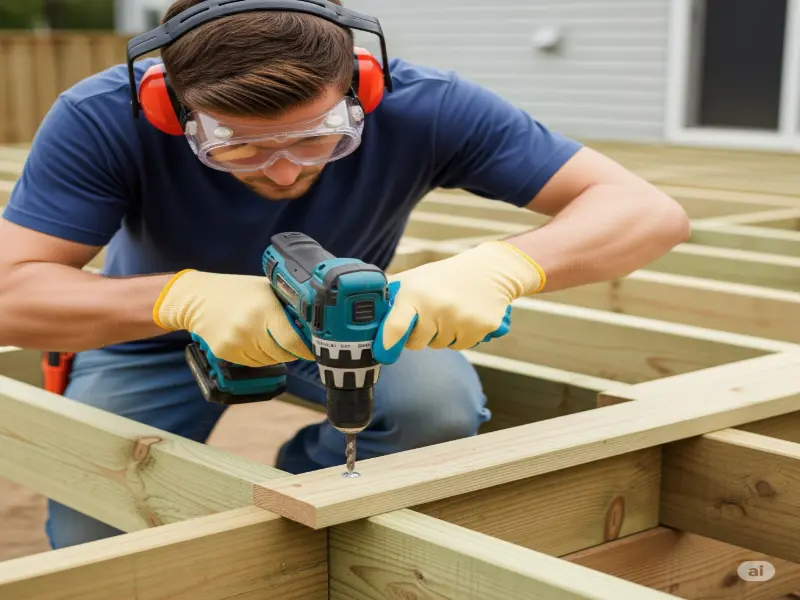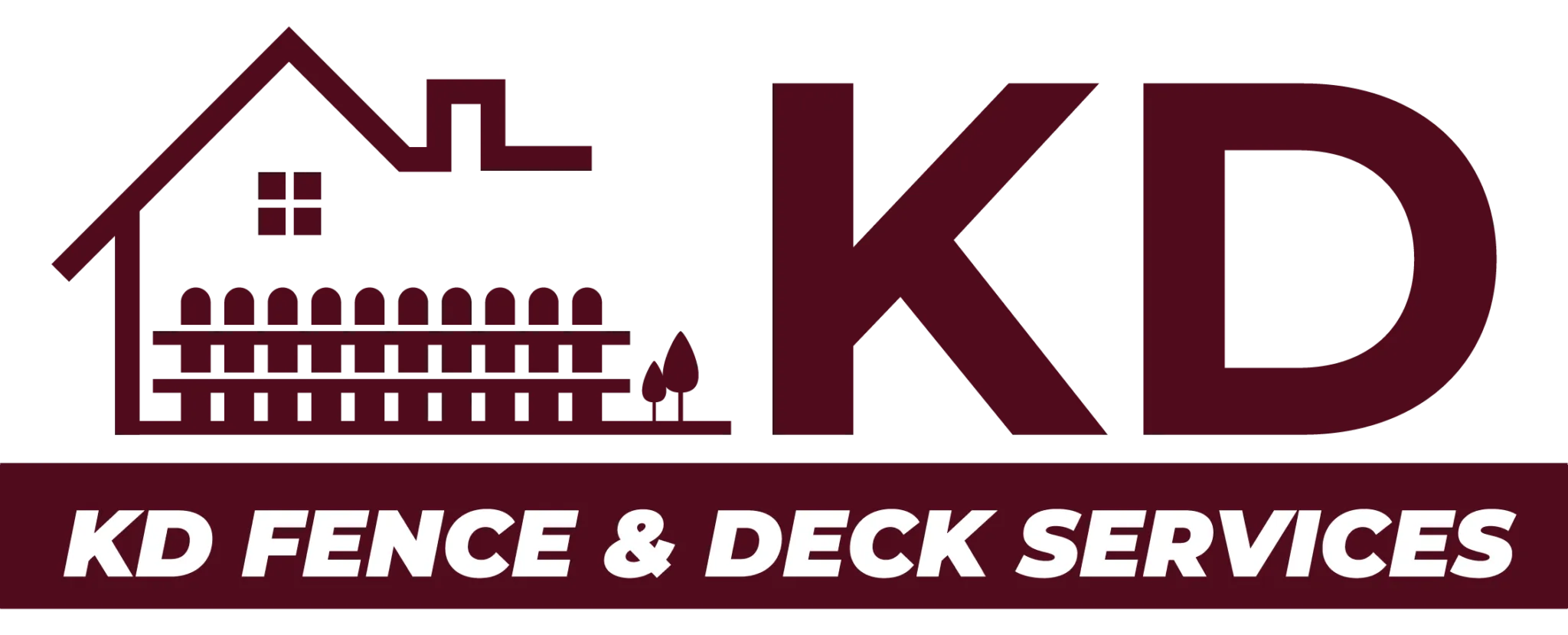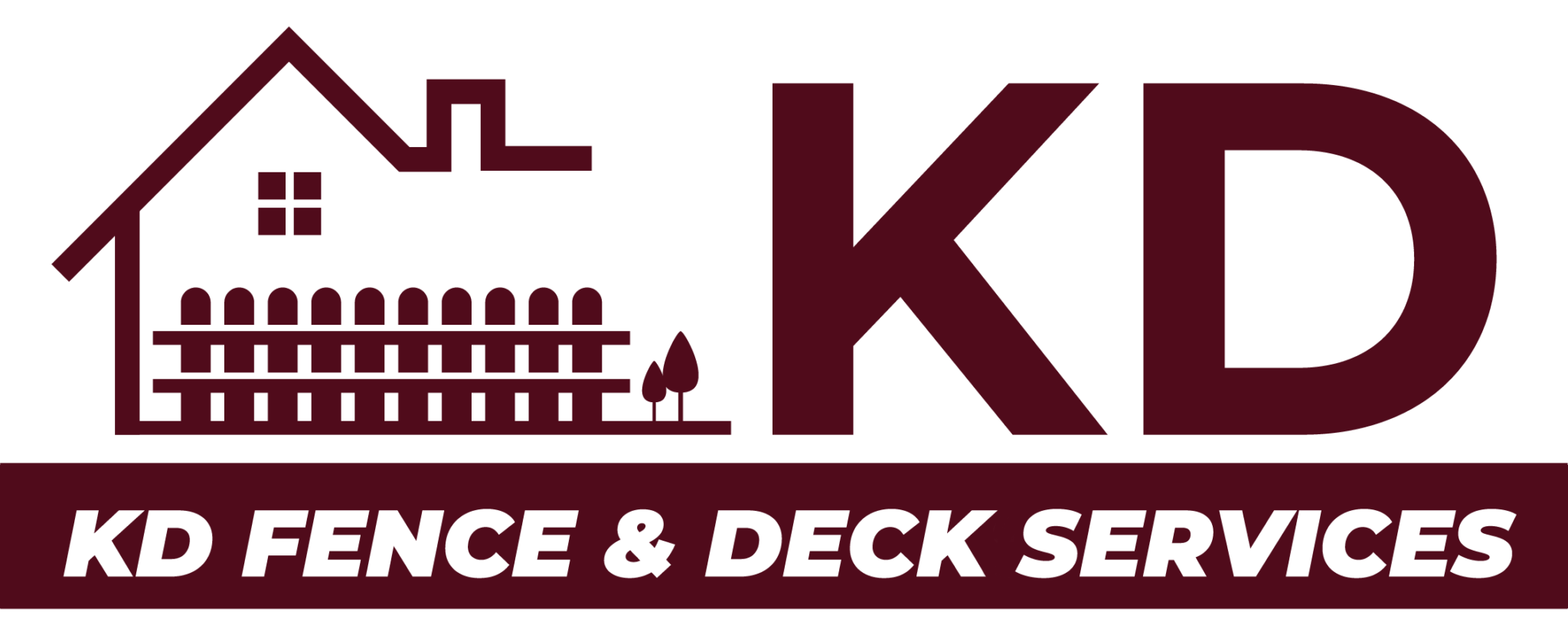Is DIY Decking Right for You?
Building your own deck can feel really rewarding. But, the decision to take the decking project by yourself should be made considering lots of factors, as it isn’t as easy as homeowners think it should be.
The idea of DIY decking comes to many homeowners because it can save money, provide the space for your creativity, and ultimately, it make your feel proud of the finished job.
However, it’s essential to understand your capabilities before starting the work. Some parts of deck building are simple, like planning your layout or handling the surface level tasks? while others require technical expertise, especially when it comes to the strength and safety of your deck.
Moreover, it’s also important to consider the risks of DIY deck construction. If something goes wrong, like the posts aren’t level or the supports are weak, it can cause serious problems later. Before you start, you have to make sure you have the right tools, the time and the knowledge about building rules and regulations in your area.
What You Can (Safely) Do Yourself
Even if you are new to construction, there are several parts of the decking process that are beginner-friendly. You can plan the layout, choose your decking materials, and work on surface tasks like laying deck boards or adding stain, that can often be considered as safe DIY responsibilities.
Moreover, using the basic tools for building a deck, such as a circular saw, drill, level, and measuring tape can help you build the right deck. That would be more beneficial if you follow a step-by-step guide to building your own deck.
In DIY decking, homeowners are able to work on the design parts, such as selecting the railing style, choosing lighting, or installing skirting. These don’t need expert building skills or knowledge, yet you have to pay attention to detail. It’s important to be cautious and understand what you are working on. You can do a thorough research when you are in doubt or get consultation from a knowledgeable friend or mentor, before proceeding the work.
It can save your money and build your own deck more pleasingly, when you make a well informed decision before beginning the process.
For comprehensive guidance on building a safe deck, consider the following resource – Building a Safe Deck: Essential Steps and Precautions

Common Mistakes to Avoid in DIY Deck Building
Even the most experienced DIYer can make mistakes, if they overlook key steps in the deck building process. One of the most common errors to identify is failing to level the foundation properly. This causes your structure and will not be safer in the long term. Not only that, using the wrong type of fasteners, following wrong spacing of deck boards, or by neglecting proper flashing where the deck attaches to the house, can lead to long-term water damage and structural issues in the deck.
Also, don’t forget to check your local building rules. Skipping permits or safety steps can cost you later. Many people also guess measurements instead of double-checking—this can mess up the whole look of the deck. Always take your time, measure carefully, and make sure the foundation is solid. Doing things the right way from the start saves time and money in the long run.
Another major problem is giving less consideration to the safety regulations. It is important to check that your design meets the local building codes, about permitting requirements and securing framing, to avoid further costing.
You always have to follow the right decking measurements and do’s and don’ts. Because, understanding deck structural support tips will let you avoid installation mistakes.
When to Bring in a Professional
If your deck is elevated, attached to the house, or if it needs complex framing, or stairs, these can be signs that you have to get professional help. Deck framing should be done with the right knowledge and experience, as one mistake can cause the structure by creating serious hazards.
To understand the code compliance, build built-in seating, custom features, or multi-level decks, you will need the help of experts.
Professionals understand code compliance and can often streamline the approval process. If your plans involve, you’ll benefit from a contractor’s experience and precision. Knowing when to stop DIYing and call a deck contractor will be the smartest decision you make for your project to succeed.
Frequently Asked Questions (FAQs)
Yes, in most areas, you have to get the building permit to build a deck, especially if the deck is attached to your home or exceeds a specific height. Gaining a permit will help to ensure your deck is made under local building codes and safety standards. Check with your local building department for specific requirements.
The lifespan of a deck mostly depends on the materials you used and your preferences on maintenance. Wood decks can last 10–30 years, while composite decks may last 25–50 years. Regular cleaning and sealing can ensure your deck's longevity.
You can consider hiring a professional if:
- Your deck design is complex
- You lack experience with construction.
- You want assurance that the deck complies with all safety and building codes.

